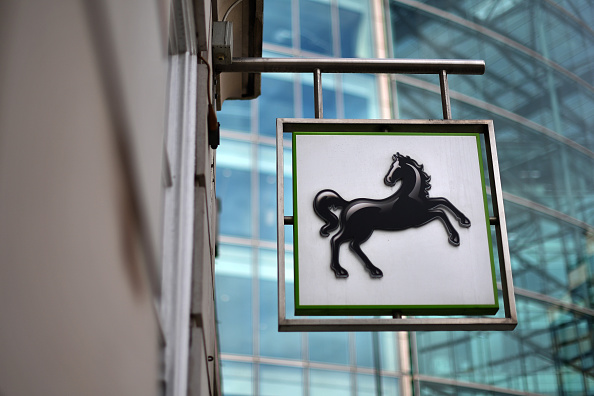Lloyds Bank boss warns of ‘heightened’ Russian cyberattack threat

The boss of Britain’s biggest mortgage lender today sounded the alarm on potential Russian cybersecurity attacks after Vladimir Putin ordered a full-blown incursion of Ukraine in the early hours of this morning.
Charlie Nunn, chief executive of Lloyds bank, said the lender’s top team have “been on heightened alert” to spot any Russian interference with the bank’s systems.
Nunn also said there had been high level discussions between the UK government and the banking sector’s top brass about strengthening defences against a cyberattack launched by Moscow.
The confirmation came as the bank published its full-year earnings, its first headed by Nunn who took the reins at the bank last August after former chief Antonio Horta Osorio left for Swiss lender Credit Suisse.
Horta Osorio Credit Suisse just last month after an internal probe found he broke Covid-19 quarantine rules to attend the Wimbledon tennis and Euro 2020 finals.
Profits at Lloyds climbed more than fourfold over the last year to £6.9bn, up from £1.2bn in 2020 amid the worst of the Covid-19 crisis.
Lloyds’ earnings marks the end of what has been a bumper UK banks’ earning season.
All of Britain’s top high street lenders registered a sharp rebound in earnings over the last year, driven by an improving economic backdrop, a higher interest rate environment the release of the final tranche of reserves set aside to deal with an expected wave of pandemic-related defaults.
“2021 has been a year of solid financial performance with successful strategic execution, ongoing investment and continued franchise growth,” Nunn said.
Lloyds’ earnings per share firmed to 7.5p from 1.2p, while its core equity tier one ratio, a measure of the strength of a bank’s balance sheet, climbed to 17.3 per cent.
The bank’s performance petered out in the final quarter of the year, with profits slowing to £968m from £2bn in the previous three months.
Lloyds’ shares collapsed over 10 per cent, although global markets have been heavily influenced by the Russia-Ukraine conflict.